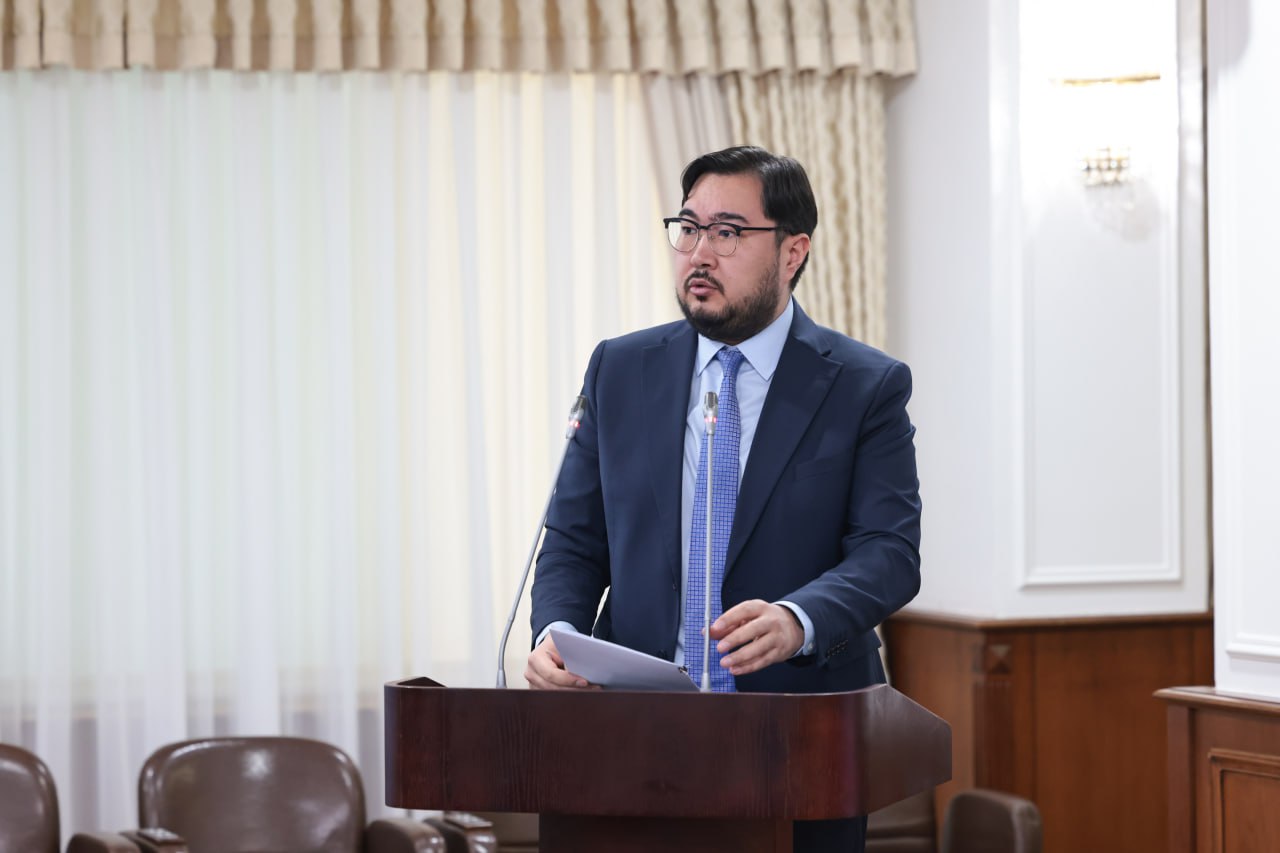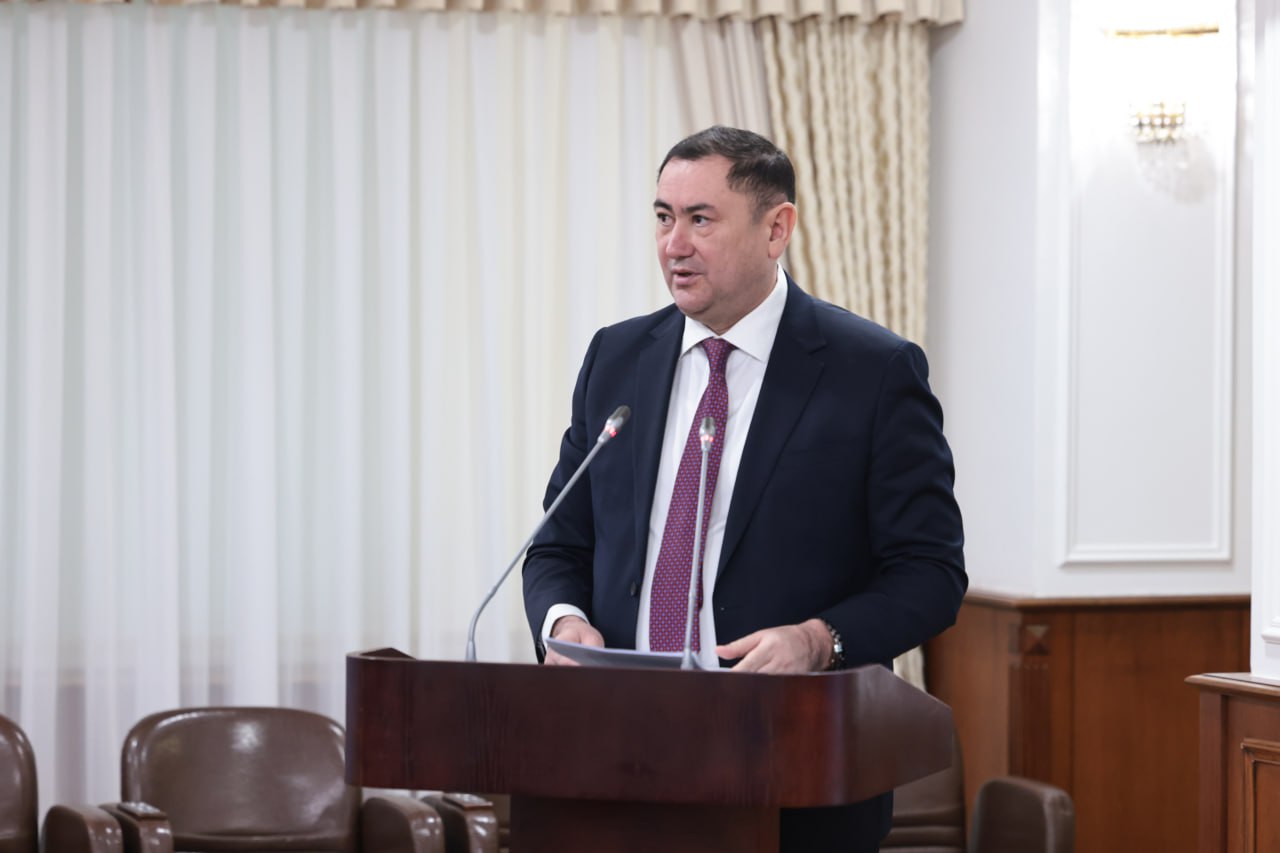Representatives of European countries with nuclear programs on the importance of maintaining a high level of nuclear safety

Bled – The Nuclear Safety Administration hosted the spring plenary session of the Association of Heads of European Nuclear Regulatory Authorities (WENRA) in Bled on Tuesday and Wednesday. The State Secretary at the Ministry of Natural Resources and Spatial Planning Miran Gajšek emphasized the importance of European and global cooperation in oversight and ensuring a high level of safety for nuclear facilities and the proper management of radioactive waste.
According to the ministry, participants were informed about the latest situation in Ukraine and the work of individual working groups within the association, particularly regarding the implementation and possible revision of common European safety requirements in various areas. They also discussed cooperation and possible solutions for mutual recognition or consideration of administrative decisions when reviewing technical solutions for new power plant projects.
The WENRA Association is an informal association of representatives of nuclear regulatory authorities from European countries with nuclear programs. It includes representatives from nineteen member states, including Slovenia, three associate members, and ten observers. Among the main tasks of the association are maintaining a common approach to nuclear safety preservation and developing common European safety requirements for this purpose, ensuring independent reviews of nuclear safety in European countries, and exchanging experiences.
During the meeting, they highlighted the need for a unified approach among the competent European regulatory authorities regarding the use of nuclear energy for peaceful purposes and the arrival of new technologies and types of reactors, including small modular reactors, digitalization, and artificial intelligence in the nuclear industry. Due to rapidly changing conditions and advancements, the development of new working methods and approaches to addressing future regulatory and technical challenges will be necessary, they believed. (April 9)













































